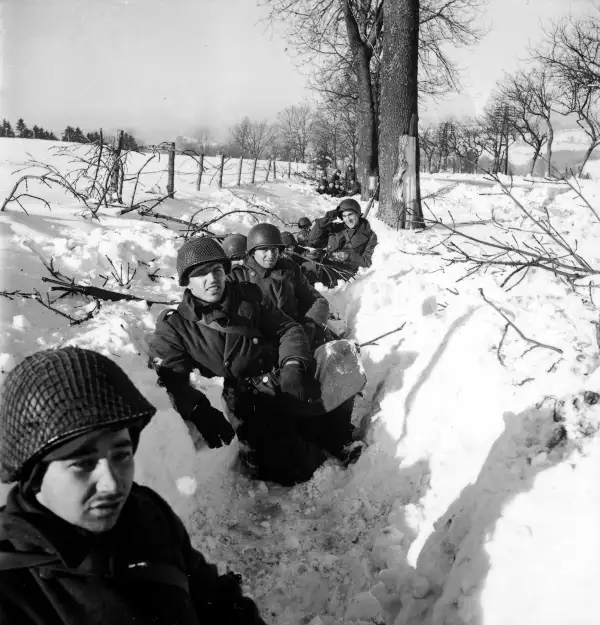Can My 80-Year-Old Dad Give Me Money from His IRA?

Q: My 80-year-old father has a substantial amount in his IRA. Can he give it to his children right now? -- Roxanne, Brownsville, Texas
A: Your dad can't transfer the account directly, says Ed Slott, publisher of Ed Slott's IRA Advisor newsletter; he could, however, take out all he wants, pay any taxes due, and then hand out the money.
His withdrawals from a traditional IRA, other than nondeductible contributions, would be taxed as ordinary income; Roth IRA withdrawals are tax-free if the account has been open for five years.
Unless the kids need cash urgently, it's better to name them as beneficiaries.
Upon your dad's death, a child can keep the assets growing tax-deferred in an IRA, taking mandatory minimum distributions based on life expectancy. Money from a traditional IRA is taxable; inherited Roth money generally isn't.